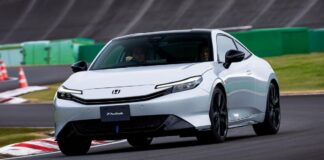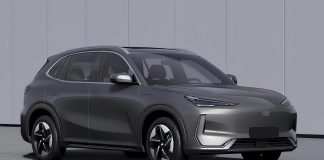For years, the image of the electric truck owner has been easy to caricature: a tech-savvy driver who looks the part but doesn’t actually use their vehicle like a real truck. The stereotype of the Rivian R1T or Tesla Cybertruck as a status symbol rather than a workhorse has been pervasive. However, recent data from Strategic Vision, a firm surveying over 250,000 vehicle owners annually, suggests this perception is fundamentally flawed. Electric truck owners are behaving almost identically to their gasoline-powered counterparts.
Off-Roading: Just as Dirty as the Rest
The data reveals that off-roading, a defining characteristic of truck culture, is enjoyed by roughly one-third of all truck owners. 31% of alternative powertrain (ATP) truck owners report engaging in light off-roading—gravel, dirt roads, etc.—at least monthly. This figure is nearly identical to the 29% of standard truck owners and only slightly behind the 32% of full-size truck owners who do the same.
Even when the terrain gets tougher—rocks, mud, streams—the numbers remain surprisingly consistent. 11% of ATP truck owners tackle serious off-road challenges monthly or more, compared to 13% of standard and 15% of full-size truck owners. This suggests electric trucks aren’t being babied; they’re being used just as frequently for weekend adventures as their gas-powered equivalents.
Utility and Hauling: Putting Trucks to Work
The stereotype of the electric truck as a lifestyle accessory falls apart when considering actual usage. 64% of ATP truck owners haul something in their bed at least monthly—more often than the 58% of standard and 61% of full-size truck owners. This highlights that electric truck owners aren’t just driving around; they’re actively using their vehicles for practical tasks.
Beyond hauling, driving purely for enjoyment is also widespread across all truck segments, with 89-90% of owners reporting regular recreational driving. Even heavy-duty truck owners, known for their work-focused use, still engage in recreational driving at a high rate of 82%.
Towing: The One Notable Difference
One area where electric trucks lag is towing. While ATP owners still tow, they do so less frequently than gas-powered drivers. This makes sense given the current limitations of electric truck towing range, charging infrastructure, and charging speed. However, even in this area, the gap isn’t insurmountable, and electric truck towing capabilities are rapidly improving.
Redefining Truck Ownership
The data unequivocally debunks the myth of the “pavement princess” electric truck owner. Whether it’s a Ford Lightning hauling mulch, a Rivian R1T conquering forest service roads, or a Cybertruck heading for a campsite, electric truck drivers are proving that capability isn’t defined by the powertrain, but by how the vehicle is used.
The evidence is clear: electric truck owners aren’t replacing trucks with toys; they’re simply redefining what it means to be a truck owner in the 21st century. The stereotype may linger in online forums, but the numbers speak for themselves





















